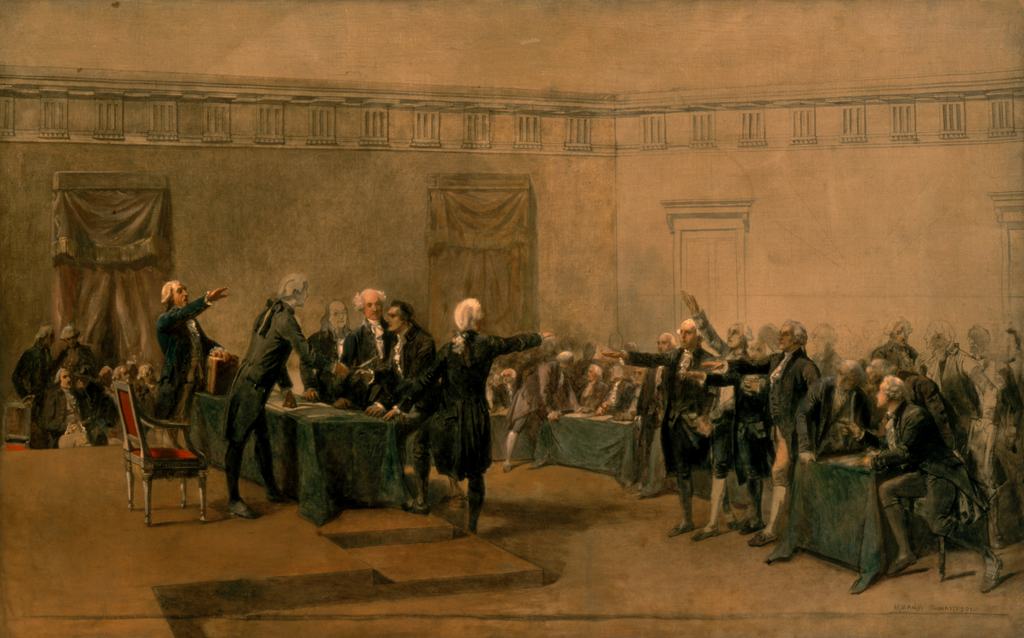In the later years of his life, Thomas Jefferson answered hundreds of letters, responding to inquiring questions from the American people. Thomas Jefferson was a brilliant man. It took a brilliant man to craft a document as compelling and as revolutionary as the Declaration of Independence. But Jefferson did not claim to be the originator of a new revolutionary system. Unlike the French revolutionaries, he did not seek to remake society upon wholly new grounds.
Instead, Jefferson reached deep into the Western heritage to pull out something old and turn it into something new.
On May 8, 1825, Thomas Jefferson sent a letter to Henry Lee, an American who was curious about the revolutionary era. Jefferson details the sentiment among his fellow countrymen in the War for Independence, saying “with respect to our rights, and the acts of the British government contravening those rights, there was but one opinion on this side of the water.” He wrote the Declaration to give voice to that opinion.
The purpose of the Declaration, according to Jefferson, was “not to find out new principles, or new arguments, never before thought of, not merely to say things which had never been said before; but to place before mankind the common sense of the subject, in terms so plain and firm as to command their assent, and to justify ourselves in the independent stand we are compelled to take.”
Jefferson didn’t claim that he was putting forth original ideas. He was instead drawing on the vast wealth of ideas we still have today by merit of living in the West. Jefferson said that he drew on “Aristotle, Cicero, Locke, Sidney, etc.” when writing the Declaration, because they had already put forward the principles necessary for good and proper government.
We should learn from Jefferson, and we should look to the great thinkers of the past when confronting the problems of our day.






